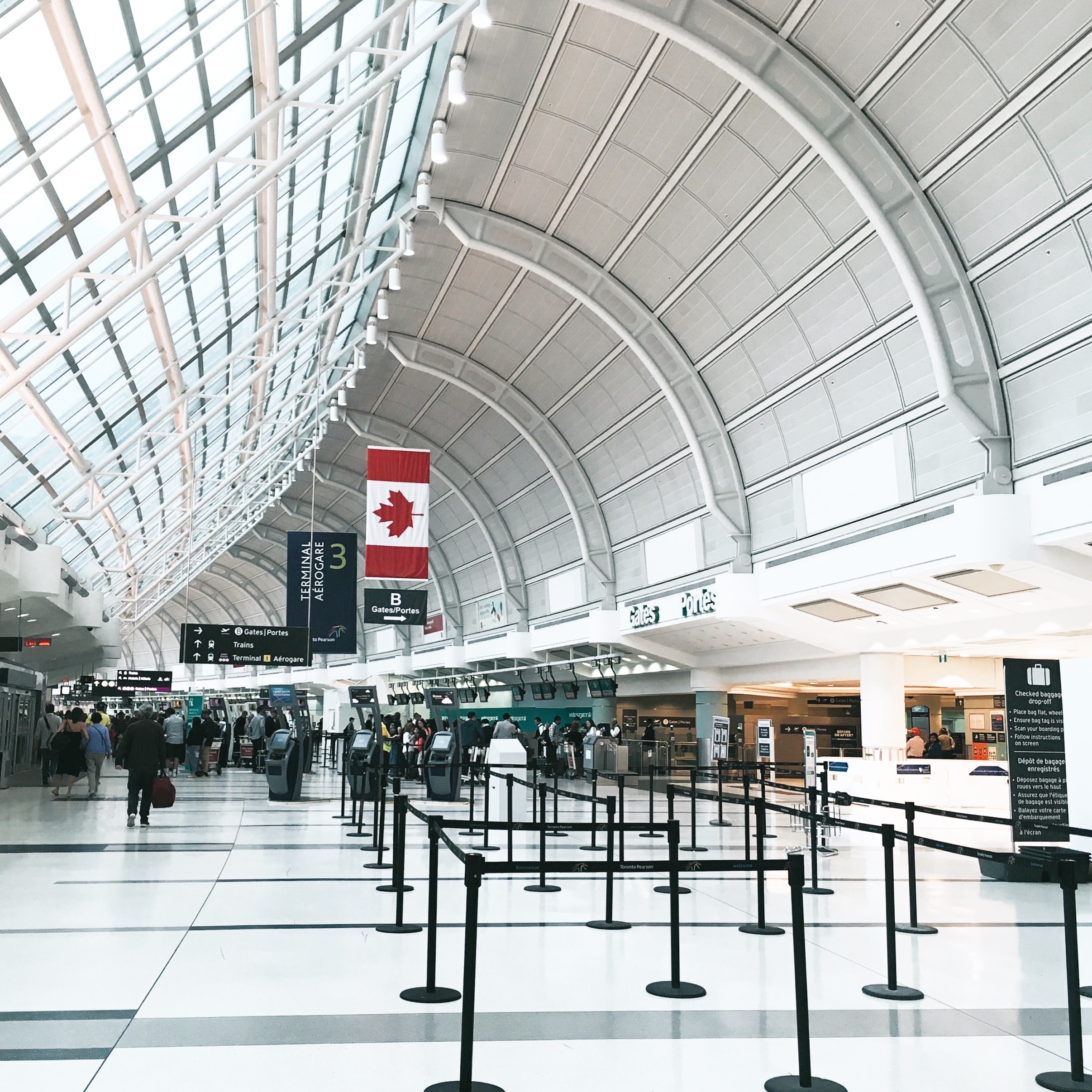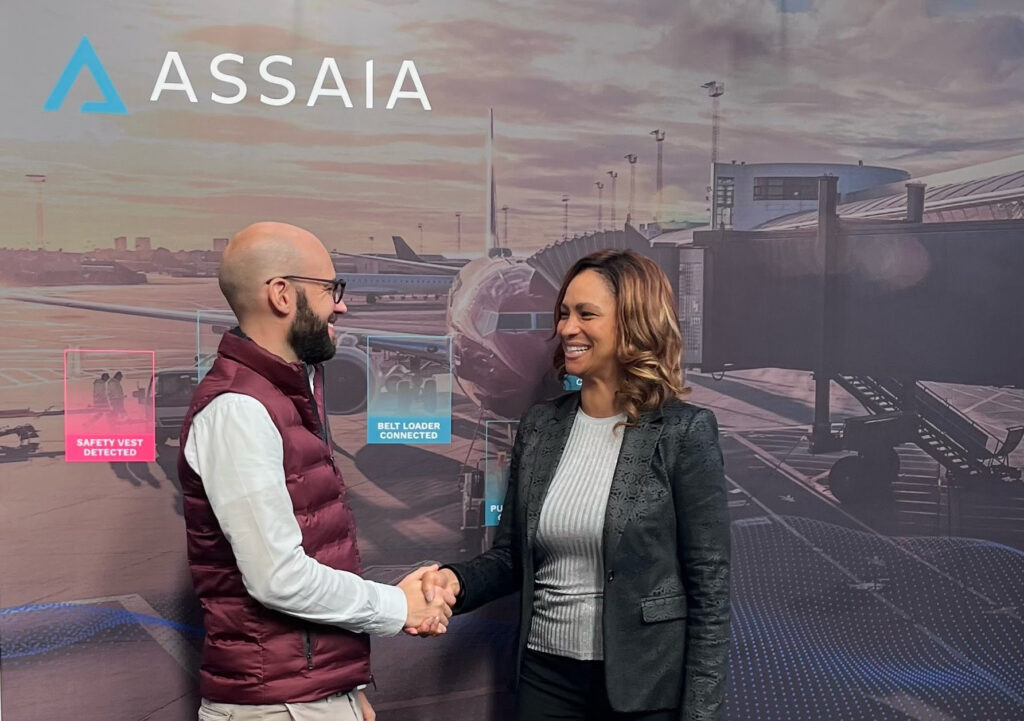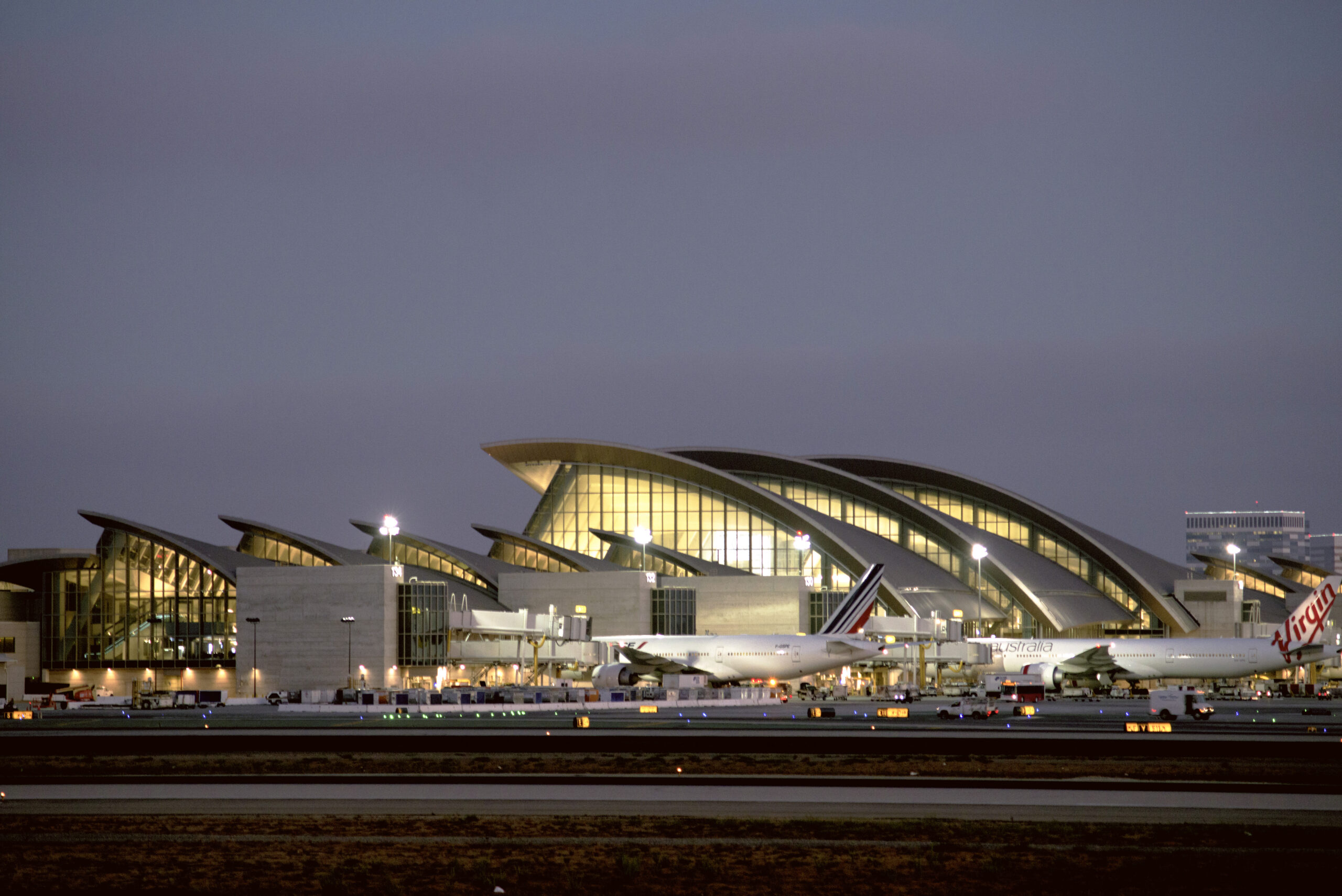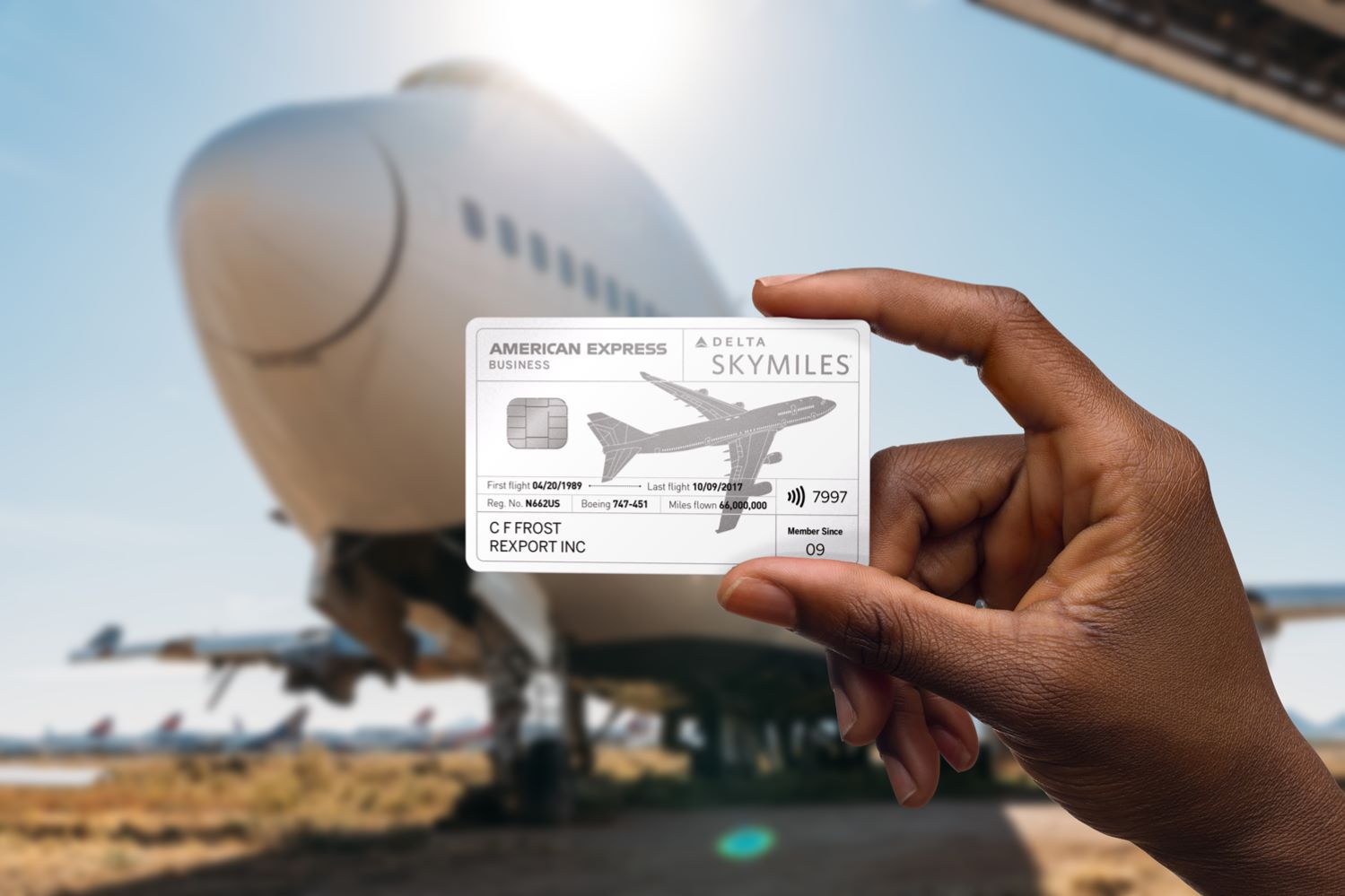Toronto Pearson Launches AI Gate Technology to Cut Waiting Times
Assaia's Apron AI technology is currently being installed at YYZ's 106 boarding gates in a bid to boost the airport's operational efficiency
by Fergus Cole
March 20, 2023

Photo: Toronto Peason International Airport. Courtesy of Lumi W / Unsplash
The Greater Toronto Airports Authority (GTAA) has announced it is rolling out new AI technology at Toronto Pearson International Airport’s (YYZ) boarding gates, hoping to cut waiting times and improve the overall passenger experience.
According to an announcement at YYZ Terminal 1, the GTAA has teamed up with Swiss aviation software company Assaia International AG and will deploy Assaia’s Apron AI Turnaround Control technology across the airport’s 106 gates.
The ground-breaking technology uses artificial intelligence to track aircraft in real time. The resulting data is used to find issues that can hamper the efficiency of gate turnarounds, which can then be addressed. The software is designed to improve the operational efficiency of the airport, as well as enhance passenger safety and reduce the aircraft’s impact on the environment.
“This data provides the single source of truth covering all turnaround operations,” said Darin Juby, Program Director of Digitalization at the GTAA. “It is, therefore, an integral part of our Airport Collaborative Decision-Making initiative. This is all about working with our airline partners to achieve greater efficiency and resilience.”

Photo: Courtesy of Assaia International AG
Jubby added that the launching of the new technology “is a win for us, for our airlines and, most importantly, for the passengers.”
“We can now optimize the time the gate is in use, which makes the airport more efficient. It provides airlines with the tools to cut turnaround times. And in turn, that improves on-time performance,” Juby said.
In addition to tracking where aircraft are and what they are doing, the technology will also follow the performance of ground operations, including baggage handlers and catering supplies. All of this data compiled in a central dashboard will help airport management to identify where delays are likely to happen and address such issues, thus improving the efficiency of flight operations and creating a quicker and smoother airport experience for passengers.
“The airport is a highly regulated and highly monitored environment,” said Max Diez, CEO of Assaia. “However, until now, gate operations have not had this degree of systematic, thorough, and measurable analysis. There are so many benefits, starting with the more efficient use of the gates and aircraft. We can also improve safety by tracking any unsafe practices. And the same applies to environmental performance, for example by identifying the extended use of auxiliary power units.”
Toronto Pearson is not the first airport to welcome Assaia’s Apron AI technology. The software is currently in use at Seattle-Tacoma International Airport (SEA), New York’s John F. Kennedy International Airport (JFK), both of London’s major international airports – Heathrow (LHR) and Gatwick (LGW) – and more.
“We’re creating the airport of the future, and innovation in apron operations will directly improve the passenger experience,” said Deborah Flint, President and CEO of the GTAA. “We’re pleased for the potential industry-wide transformation that may result from these new technologies. We are laser-focused on innovations that will make Pearson and its whole apron ecosystem more efficient while reducing our carbon footprint.”



